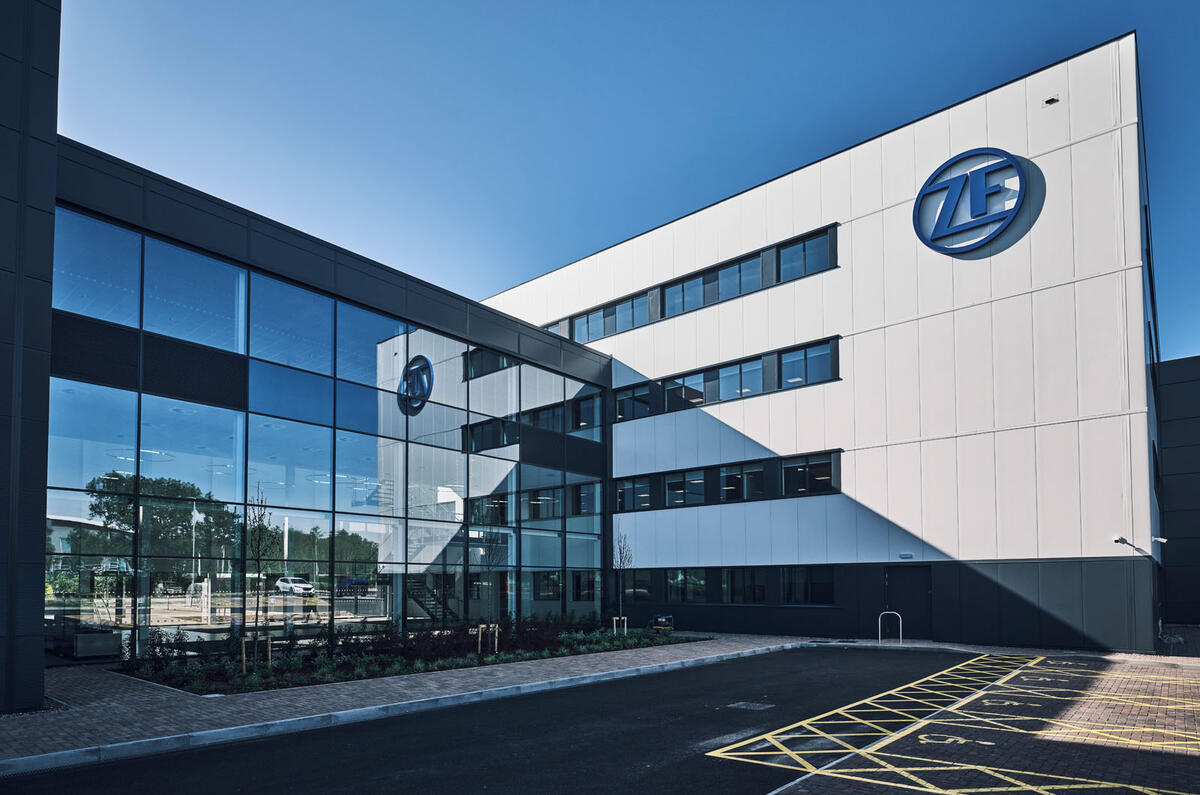Automotive component company ZF has completed work on a state-of-the-art technical centre in the UK at a cost of £70 million. The 220,000sq ft site in Shirley, West Midlands, is one of a number of research and development hubs the company has around the world and adds to ZF’s tally of production facilities in the UK.
Covid restrictions meant that although the tech hub was completed in 2021, it has taken another year for it to become fully staffed and operational.




Add your comment